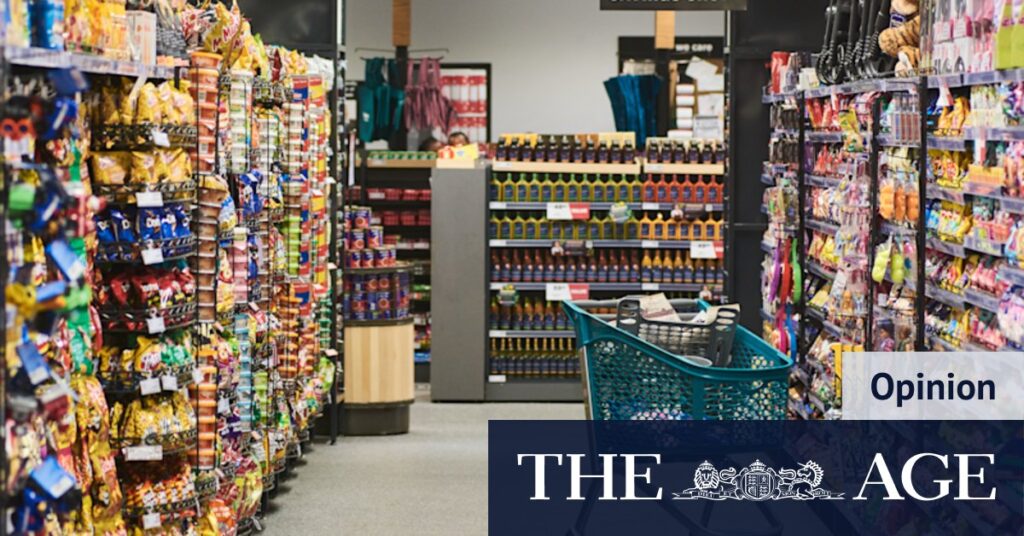
Imagine a world where artificial intelligence not only predicts your dinner plans but also orders and delivers the necessary groceries. This futuristic vision is becoming a reality through a groundbreaking collaboration between Walmart and OpenAI. Known as agentic commerce, this innovation transforms shopping into a proactive experience, with AI bots anticipating customer needs and acting accordingly.
In theory, this technology could enable retailers like Coles or Woolworths to recognize that it’s pizza night at your home, purchase the ingredients, charge your card, and deliver the items to your doorstep. Even forgotten essentials like bread and milk could appear at your door without you lifting a finger. While it may sound like a digital gimmick, Walmart’s significant investment in AI could revolutionize shopping, prompting competitors such as Coles, Woolworths, and Aldi to take notice.
The Rise of Agentic Commerce
Agentic commerce represents a shift from reactive to proactive retailing, where AI anticipates consumer needs, navigates options, negotiates deals, and executes transactions. According to global consulting firm McKinsey, this could lead to a world where AI acts independently on behalf of consumers, aligning with human intent through complex reasoning models.
McKinsey predicts that by 2030, the US could see up to $1 trillion in orchestrated revenue from agentic commerce, with global projections reaching as high as $3 trillion to $5 trillion.
The potential of agentic commerce is immense, and its development could fundamentally alter the retail landscape. Walmart’s investment is partly driven by the need to compete with retail disruptor Amazon and to cater to millennials seeking immersive digital shopping experiences.
Implications for Australian Retailers
Walmart’s advancements in AI shopping could soon influence Australian shores, where supermarkets are already leveraging AI in logistics and ordering. The close relationship between Australian supermarkets and their customers, facilitated by loyalty schemes, alongside a sophisticated payments system, positions the country well for adopting agentic commerce.
Australian consumers, known for their early adoption of new technologies, might embrace this AI-driven shopping revolution. The supermarket duopoly of Coles and Woolworths, with their financial capabilities, could lead the charge. Coles has already announced a partnership with OpenAI to deploy ChatGPT enterprise at scale, initially for administrative tasks.
Currently, Australian supermarket customers experience a largely analogue shopping process, with many still preferring in-person visits. However, the growing trend of online shopping with delivery or click-and-collect options indicates a shift towards digital solutions, albeit not yet at the cutting edge.
Challenges and Opportunities
Despite the $400 billion investment by US tech giants in AI this year alone, achieving scalable services demands substantial resources. The disruption potential in retail means all major supermarket operators will closely monitor Walmart’s progress.
The question remains whether Australian consumers are prepared for this AI revolution. While the technology promises convenience and efficiency, it also raises concerns about privacy, data security, and the potential loss of personal touch in shopping experiences.
As the retail sector stands on the brink of transformation, the integration of AI in grocery shopping could redefine consumer habits and expectations. The coming years will reveal whether agentic commerce becomes a staple in our daily lives or remains a futuristic concept.






